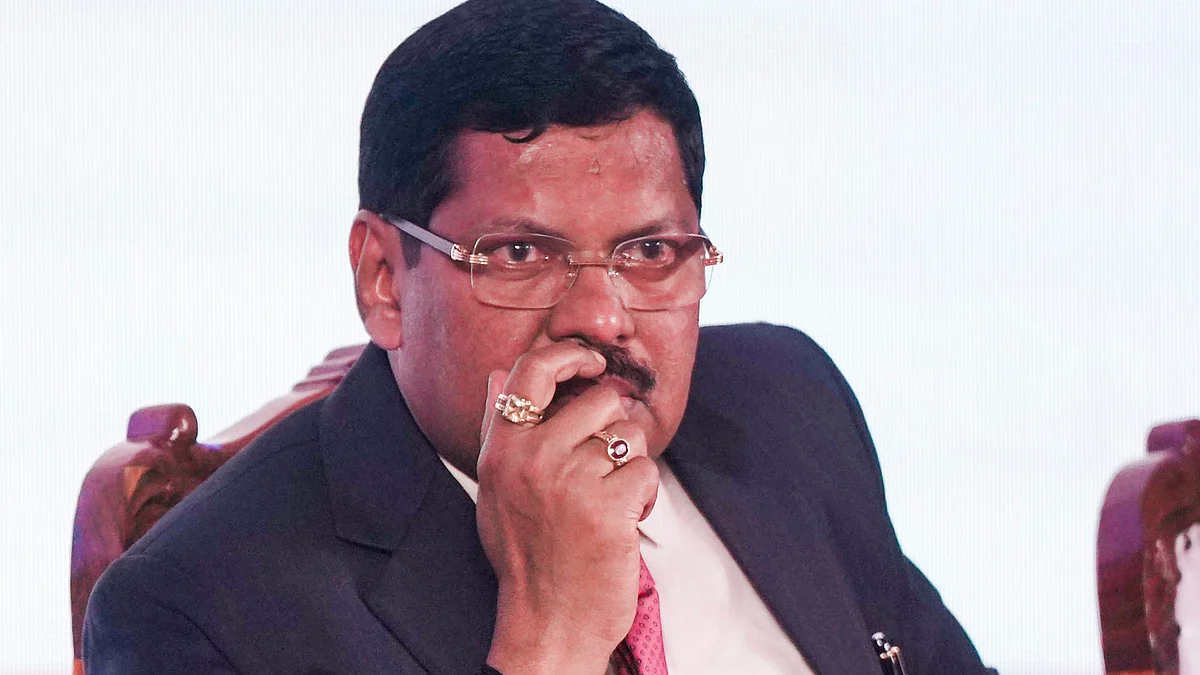Nation
SC raps Centre for last-minute bid to delay tribunal reforms hearing
CJI B.R. Gavai says adjournment plea ‘very unfair’; hints govt trying to avoid present bench

The Supreme Court on 4 November criticised the Union government for seeking yet another adjournment in the final hearing on petitions challenging the constitutional validity of the Tribunals Reforms (Rationalisation and Conditions of Service) Act, 2021. The batch of pleas includes one filed by the Madras Bar Association.
A bench of Chief Justice B.R. Gavai and Justice K. Vinod Chandran expressed displeasure after Additional Solicitor General Aishwarya Bhati sought deferment of Friday’s hearing, citing Attorney General R. Venkataramani’s overseas arbitration commitments.
“Very unfair to the court,” the CJI remarked, noting that the bench had already accommodated the attorney general twice. “Every day we are told he’s busy with arbitration. At the last moment, you come with an application to refer the matter to a Constitution Bench!”
On 3 November, the bench had strongly objected to the Centre’s last-minute plea seeking reference of the matter to a five-judge Constitution Bench, an application filed after the case had already been argued on merits. The CJI warned that the court would not entertain such “tactics” from the Union government.
The bench observed that it appeared the Centre did not want the present bench, which is nearing the end of its term, to deliver a judgment. “If you want to keep it after 24 November, you tell us frankly,” Chief Justice Gavai, who demits office on 23 November, told the ASG.
Published: undefined
When Bhati suggested listing the case on Monday, the CJI pointed out that the bench had deliberately kept Friday light to conclude arguments and begin writing the judgment over the weekend.
“When do we write the judgment then?” he asked, questioning why another law officer could not argue the matter. “You have a battery of competent ASGs.”
Finally, the court agreed to proceed with senior advocate Arvind Datar’s submissions for the Madras Bar Association on Friday and hear the attorney general on Monday. “If he does not come, we will close the matter,” the CJI said.
The petitions challenge key provisions of the 2021 Act, which abolished several appellate tribunals and altered service conditions, such as tenure and age requirements, for tribunal chairpersons and members. The Act had replaced an April 2021 ordinance, large parts of which were struck down by the Supreme Court in July that year for violating judicial independence.
Datar argued that the new Act had “verbatim” reproduced the struck-down provisions, without addressing the basis of the court’s earlier judgment, an approach the Supreme Court has consistently held impermissible.
In its 2021 ruling, the court had invalidated provisions reducing tenure to four years and prescribing a minimum age of 50 for appointments, noting these enabled excessive executive control and undermined judicial autonomy.
The court had held that tribunal members must have a minimum five-year tenure, with upper age limits of 70 for chairpersons and 67 for members, and that at least 10 years of practice should suffice for judicial appointments, in line with High Court requirements.
It had also rejected the Centre’s power to select from a short panel of two names recommended by the Search-cum-Selection Committee.
The Supreme Court began its final hearing on the constitutional challenge on 16 October. Thursday’s exchange adds another flashpoint to the long-running tension between the judiciary and the Centre over the future of India’s tribunal system.
With PTI inputs
Published: undefined
Follow us on: Facebook, Twitter, Google News, Instagram
Join our official telegram channel (@nationalherald) and stay updated with the latest headlines
Published: undefined